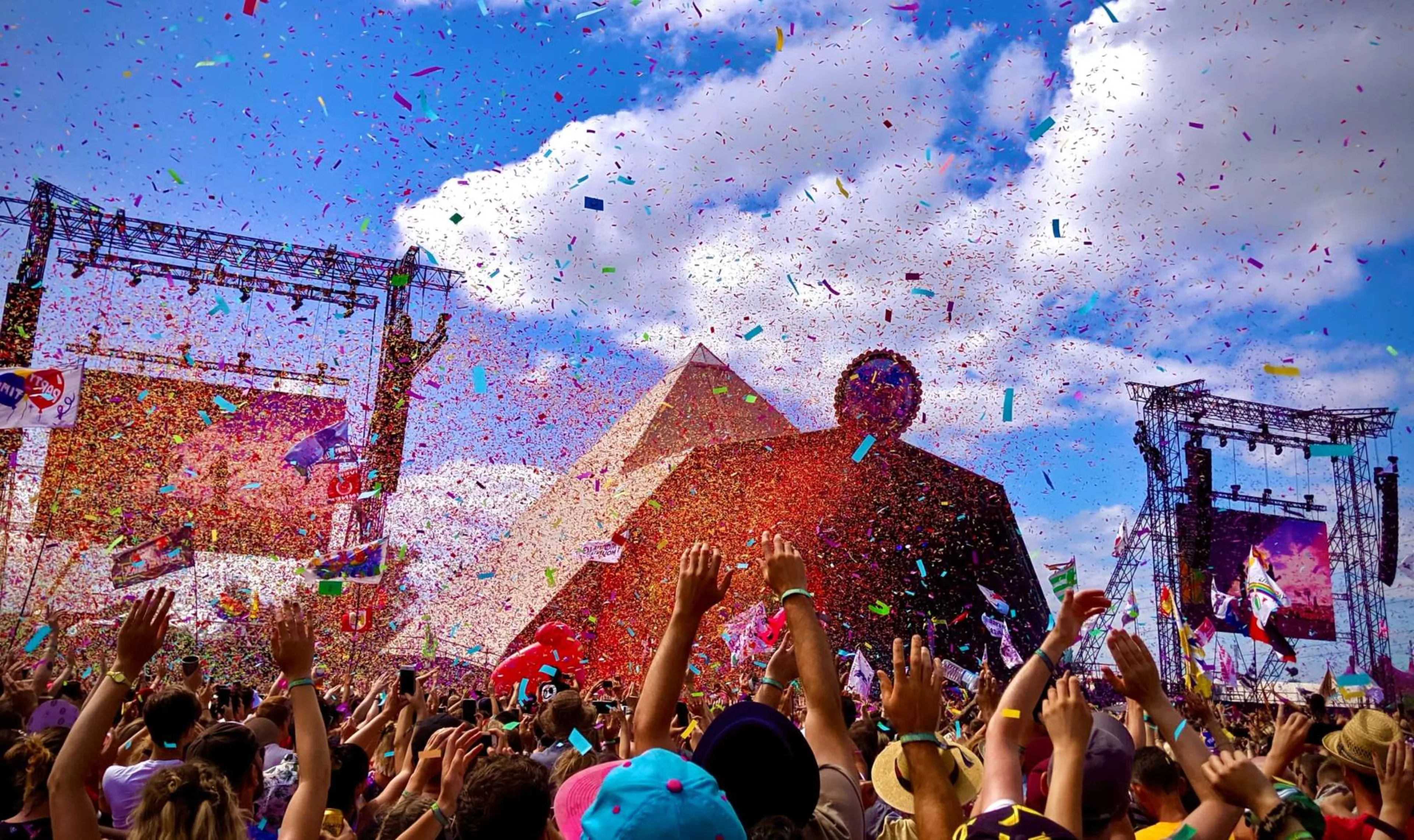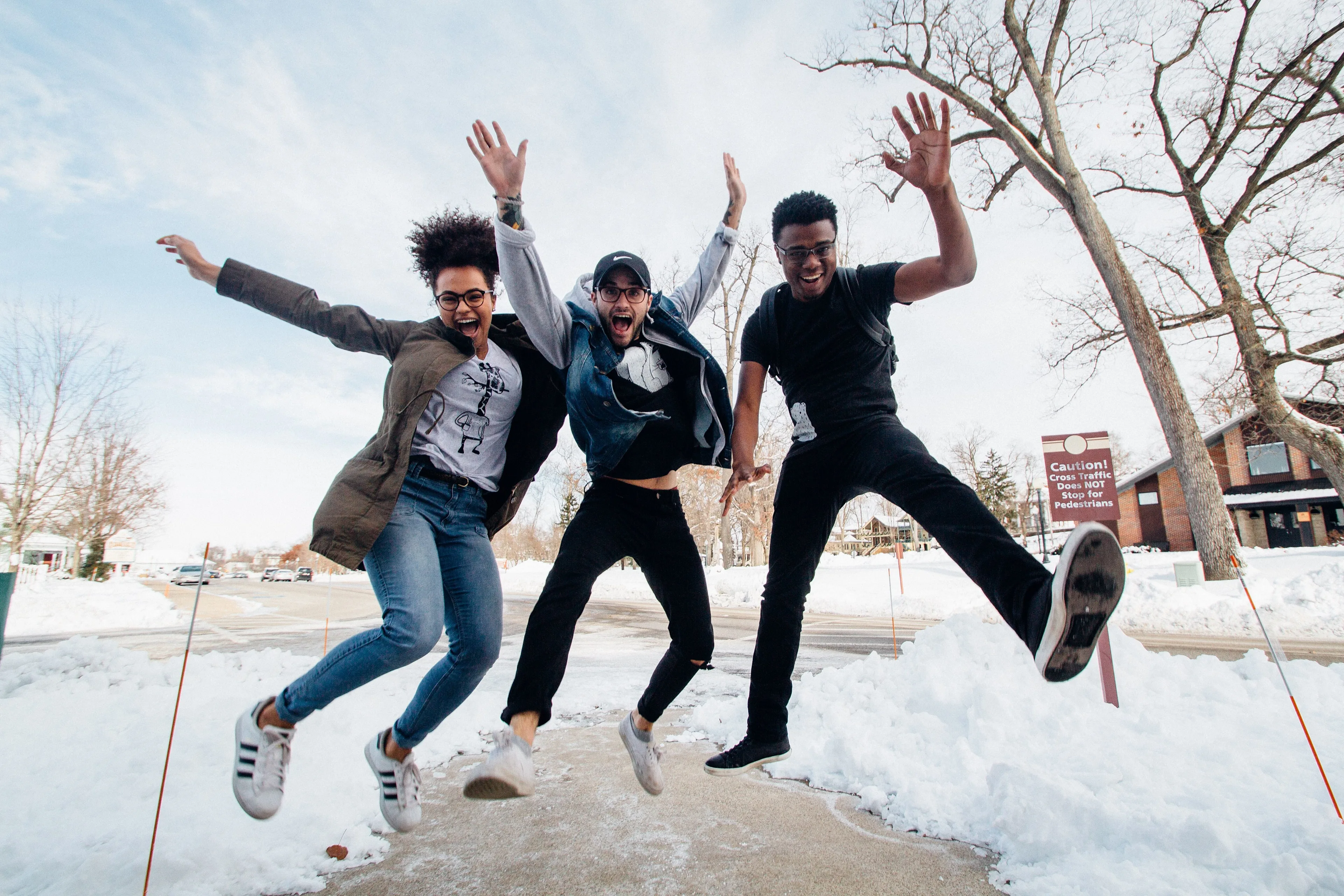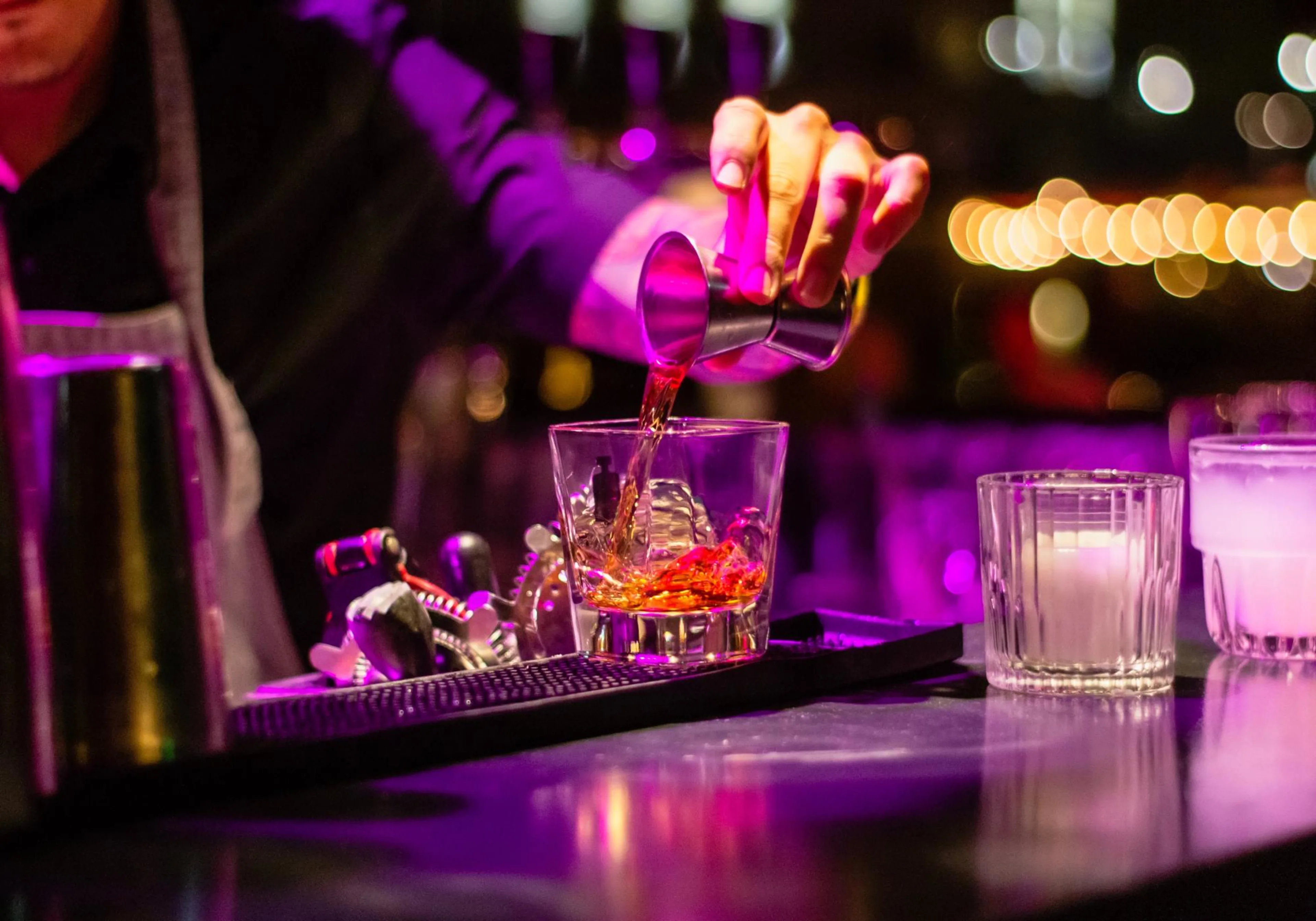
The Frank guide to festivals
It’s festival season again. As well as having fun, dancing and being with friends, festivals are places where our inhibitions and ‘safer’ choices can go out the window. The sense of freedom that festivals create can be amazing but there can also be temptation and maybe even pressure to drink more than you would or to take drugs. The fact that more drugs are being ‘cut’ with more dangerous things now means it is more important than ever to stay safe.
You may not always know what someone has taken, especially as drugs often aren’t what dealers say. Dangerous drugs like synthetic opioids, which can cause overdoses, have been found added to some other drugs recently. It’s really important that anyone whose breathing has stopped or slowed gets medical help right away as this could save their life. Check the ‘Health and safety’ section of the festival’s website or app to know where the paramedics post and other safety measures are located. This may include locations for the opioid overdose antidote, naloxone.
Tips to stay safe
Alternate alcoholic drinks with soft drinks or water - being a bit tipsy is more fun than getting blind drunk and throwing up.
If you are drinking for longer than you’re used to, try to stick to drinks with a lower alcohol content like lager or beer rather than spirits.
Avoid mixing drinks or mixing drink with drugs. It’s harder to keep track of what you’re taking and, when you combine things, you can either multiply the harmful effects or add new ones.
Drinks - alcoholic or otherwise - are the most common way to spike someone so don’t leave your drink unattended or accept a drink from someone you don’t know.
Alcohol and drugs can alter how you make decisions - you should never feel pressured into doing anything you aren’t comfortable with. Even at festivals, most people aren’t taking drugs so don’t feel you have to take them to fit in.
Remember that your tolerance levels could be very different to your friends so take it easy and don’t try to keep up with others.
Taking illegal drugs is always risky – you can’t know for sure what’s in them or how strong they are. Some drugs, like ecstasy, can also take over an hour to kick in so taking a whole pill in one go or taking more before you know the effect of what you’ve already taken makes it more likely you’ll have a bad experience.
Make sure you and your friends all know what anyone has taken and look after each other.
It’s important that anyone who’s had ecstasy or MDMA takes regular breaks from activities, like dancing, to cool down. They should keep hydrated by sipping no more than a pint of water or non-alcoholic drink every hour.
It’s easy to get lost in a crowd and feel overwhelmed so try to stick together if you can. If you or anyone else starts to feel unwell, help them get medical attention or visit the welfare team. Most festivals have a team of people who are there to check on your welfare. Find out where welfare is located when you arrive on site so you know where to go if you start to feel a bit strange or just want somebody to talk to.
If you are driving back, bear in mind that alcohol and some drugs can continue to impair your driving after you stop feeling drunk or high. Stop drinking early the night before. Some drugs can also stay in your system for days at levels that make it illegal to drive.
If you or someone you are with becomes unconscious or unresponsive, put them on their side in the recovery position and find immediate medical attention by alerting a steward or member of event staff.
You should always be honest with any doctor, nurse, paramedic or welfare team about what you think you or someone you’re with has taken so they know how best to help. In most circumstances, health and welfare professionals will not inform the Police about what you share with them.
The law
The UK law at festivals is no different to anywhere else. Drugs are illegal and if you’re found in possession of illegal drugs on site you will be ejected from the festival site and/or arrested. All festivals have strict security measures in place which can include full searches on arrival and drug detection or ‘sniffer’ dogs. For larger events, the police sometimes search people before they arrive on site, at train stations or other stop off points.

